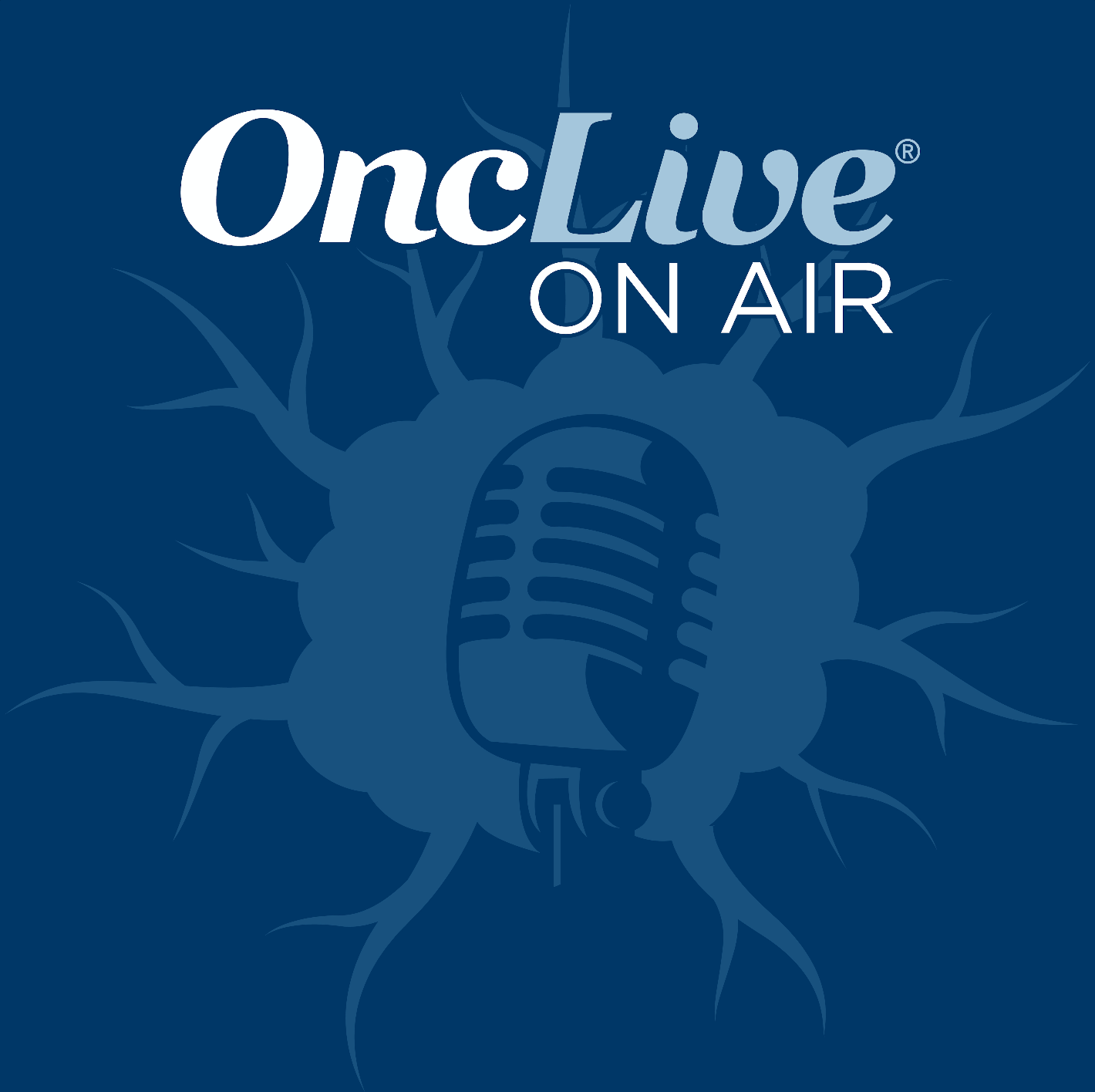Commentary
Video
Dr Leary on the FDA Approval of Tovorafenib for Pediatric R/R BRAF+ Low-Grade Glioma
Author(s):
Sarah E. S. Leary, MD, MS, discusses the FDA approval of tovorafenib for pediatric patients with relapsed/refractory, BRAF-mutant low-grade glioma.
Sarah E. S. Leary, MD, MS, attending physician, medical director, Pediatric Brain Tumor Program, Seattle Children’s Hospital; professor, Department of Pediatrics, University of Washington School of Medicine, discusses the significance of the FDA approval of tovorafenib (Ojemda) for pediatric patients with relapsed/refractory, BRAF-mutant low-grade glioma.
On April 23, 2024, the FDA granted accelerated approval to tovorafenib for the treatment of pediatric patients 6 months of age or older who have relapsed/refractory low-grade glioma with a BRAF fusion, a BRAF rearrangement, or a BRAF V600 mutation. This regulatory decision was based on findings from the single-arm, multicenter, open-label, phase 2 FIREFLY-1 trial (NCT04775485), in which the agent elicited an overall response rate per Response Assessment in Pediatric Neuro-Oncology Low-Grade Glioma criteria of 51% (95% CI, 40%-63%) among 76 pediatric patients with relapsed/refractory low-grade glioma harboring an activating BRAFalteration who had prior exposure to at least 1 line of systemic therapy. Furthermore, the median duration of response was 13.8 months (95% CI, 11.3–not estimable). Patients received the agent once per week at doses ranging from 290 mg/m2 to 476 mg/m2, up to a maximum dose of 600 mg, according to body surface area. The recommended dose of tovorafenib based on body surface area is 380 mg/m2 once weekly, with a maximum recommended dose of 600 mg once weekly.
Low-grade glioma is the most common pediatric tumor, Leary says. Although low-grade glioma is described as a benign tumor, Leary cautions against considering this disease benign. Glioma is a brain tumor, and the brain is crucial and central to many human functions, Leary emphasizes. Furthermore, low-grade glioma may be life threatening for some patients, Leary explains.
Prior to the approval of tovorafenib, no FDA-approved medical therapies existed for patients with pediatric low-grade glioma, Leary notes. Tovorafenib was the first drug in this indication to be considered for approval by the FDA and is therefore the first FDA-approved therapy for this patient population, Leary concludes.








